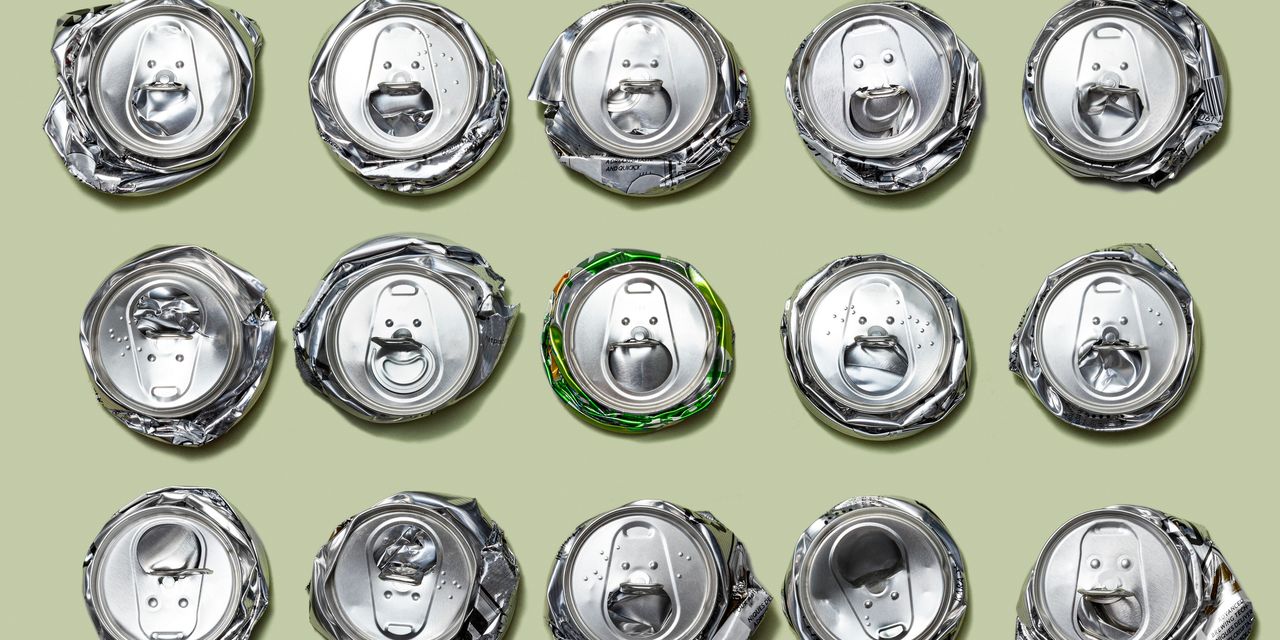Blog
Why Do I Feel So Sleepy After Eating—and How Can I Boost My Energy Instead?

When the dreaded post-lunch food coma strikes, it can be a complete day-ruiner, throwing off your plans, making it hard to enjoy fun activities—and maybe even messing with your job, too. If the fatigue descends as you’re trying to knock out important tasks at the office, for example, your efficiency can take a serious hit. In turn, this can hurt your ability to stay on track, forcing you to play catch-up later and potentially creating a vicious cycle that will keep you tired long-term.
The long and short of it? “Afternoon drowsiness can disrupt a person’s daily routine by reducing productivity, alertness, and concentration, as well as performance, mood, and quality of life,” Meredith Liss, RD, CDN, an advanced clinical dietitian at NewYork-Presbyterian/Weill Cornell Medical Center, tells SELF.
To be clear, not everyone will feel sleepy after eating, nor will every meal affect you the same way. Still, enough people experience this issue that it’s considered a common complaint (and even has a formal name, “postprandial somnolence”). So what’s behind this widespread phenomenon, and what can you do to power through it if you’re one of the (un)lucky few? We dug deep into the science to tease out some potential solutions.
Why do we experience “food comas”?
There are a few things at play here, but what you’re eating—in particular, the macronutrient composition of your meal—is a big one, Lisa Ganjhu, DO, a gastroenterologist at NYU Langone Health, tells SELF.
Meals heavily weighted toward carbs (especially refined options, like pizza, white bread, potato chips, or sugary stuff) are more likely to cause fatigue since they produce a rapid spike in blood sugar. Your body then releases a rush of insulin to bring those sugar levels back down. However, this rapid drop can trigger a chain reaction that brings about a sensation of sleepiness or sluggishness. What’s more, a few other nutrients can have a similar effect. Foods high in the amino acid tryptophan (like milk, turkey, chicken, lobster, and certain types of nuts) can also increase lethargy, according to Dr. Ganjhu.
In addition to the nutrient content of your meal, the size matters, too. “The more we eat, the more is required of our digestive system due to the need for additional mechanical breakdown, chemical breakdown, absorption, transport, and storage,” Liss says. This means that a large volume of food can put so much strain on your digestive system that it diverts energy away from other parts of your body. With all your available energy going to support the digestive response, you might “get very drowsy,” Dr. Ganjhu says.
Finally, frequency plays a role as well. By circumventing extreme highs and lows, “eating at regular intervals helps maintain stable blood sugar levels, which equates to stable energy levels,” Liss says. That’s why skipping meals, eating at irregular times, or waiting too long between meals can have the opposite effect: causing energy dips. Hello, mid-afternoon crash.
How can you avoid an energy slump after eating?
Here are some things to keep in mind at mealtime (and beyond) that can help keep your energy levels up.
1. Shoot for a balance of macros in your meal.
Since overloading on carbs can make a food coma more likely, packing your plate with protein and healthy fats alongside can help. This slows down your digestion, which “delays glucose absorption, resulting in a more gradual rise in blood sugar and more stable energy levels,” Liss explains. (Fiber, a specific type of carb, has a similar effect, so including that can be beneficial as well.)












